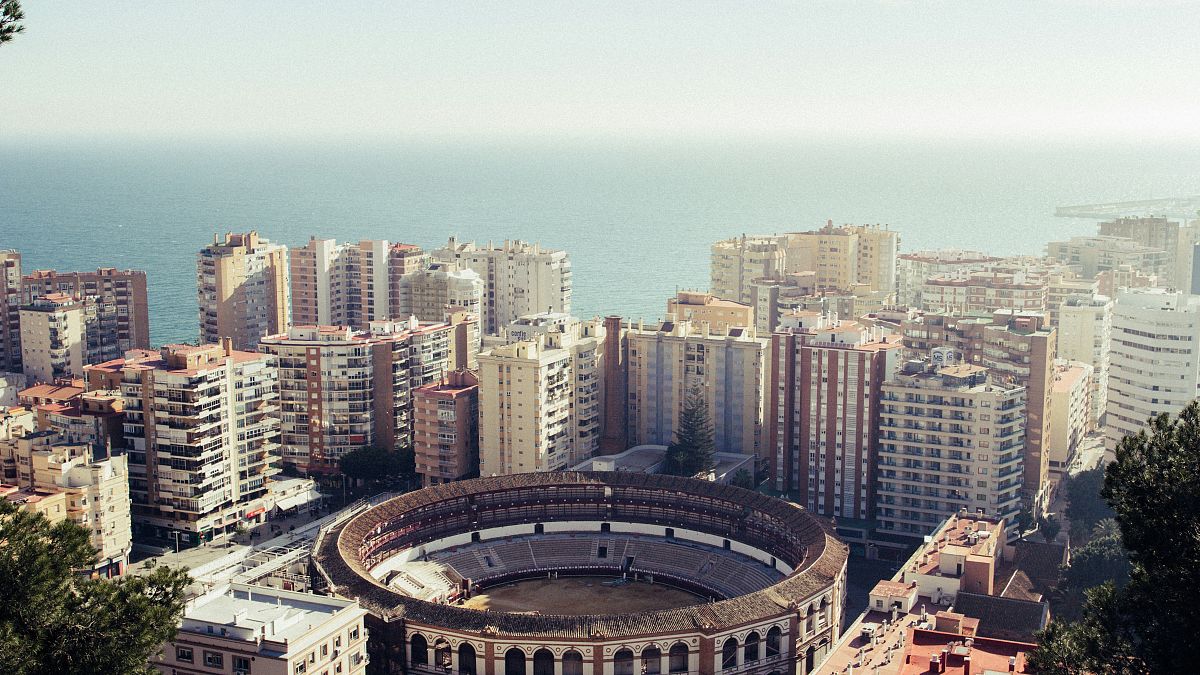Malaga is one of Spain’s most popular summer destinations, receiving around 14 million visitors in 2023.
But overtourism has become so disruptive for residents that this summer saw protests and anti-tourism campaigns in the Costa del Sol city.
Activists say their hometown has become a theme park for tourists and have spoken out about the swathes of badly behaved visitors who come to the Andalusian destination for clubbing and nightlife.
The post-pandemic tourism boom has also pushed locals to the limit by distorting the rental market and gentrifying the city centre.
In response, Malaga local council has updated tourism rules and launched a poster campaign in both English and Spanish to remind visitors of appropriate and inappropriate behaviour.
Authorities underline that following these regulations improves life for residents and means tourists have a better experience.
From street safety to clothing no-nos, there are the latest rules for visitor etiquette in Malaga.
Dress completely
Authorities remind visitors to always wear an “upper garment” in the streets and public places.
After residents complained about tourists that frequently walk around the city centre in swimming costumes or shirtless, a bylaw was introduced in 2023 making the practice illegal.
It is now forbidden to be seen without a top or in underwear in public, with fines of up to €750 for violations.
Do not be conspicuous
This rule refers to visitor behaviour that can be considered disruptive or inappropriate in residential areas. The council advises tourists not to shout, sing or play music loudly.
It asks that visitors be particularly aware of respecting the hours of the day when residents are resting and be considerate of the elderly, sick, children, students and essential workers.
Pavements are for pedestrians
Authorities ask that anyone using bicycles or scooters stick to “spaces legally designed for this purpose” rather than taking up space on pavements which are intended only for pedestrians.
Keep the city clean
The online and billboard campaign asks visitors to use garbage cans, containers and other services when disposing of rubbish.
It also emphasises that particular care not to litter should be taken around monuments, historical attractions, parks and gardens.


